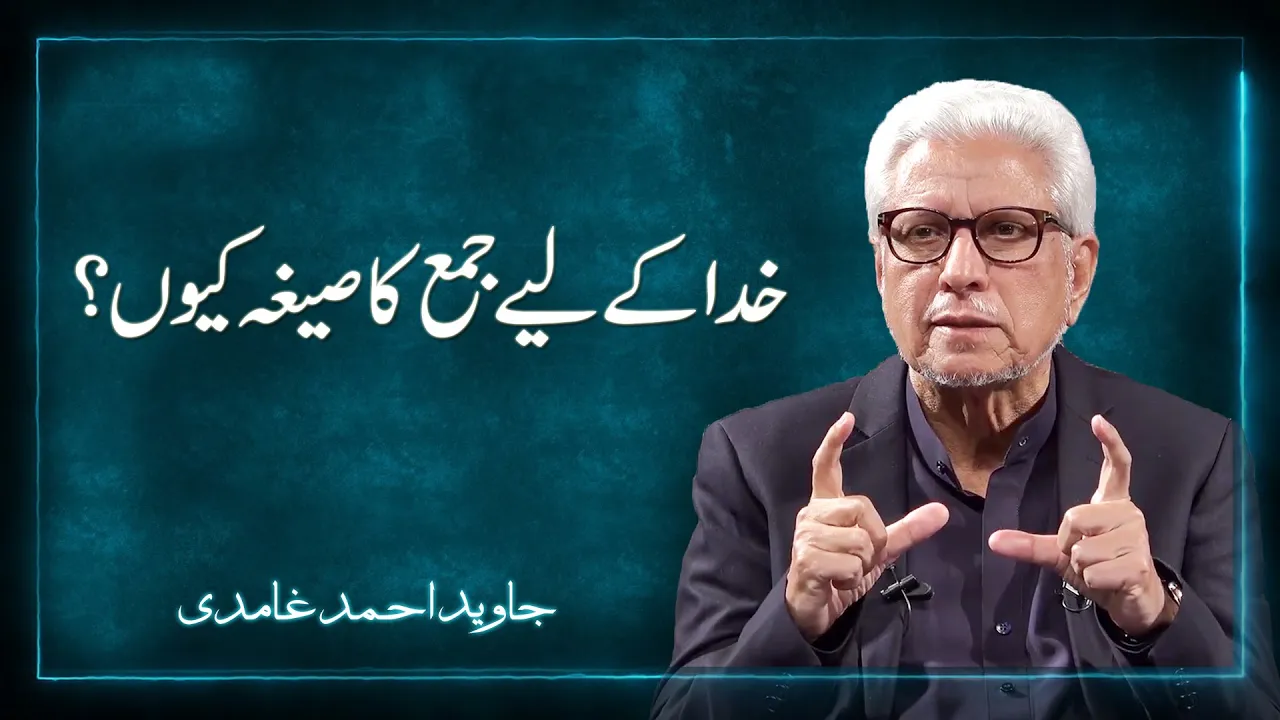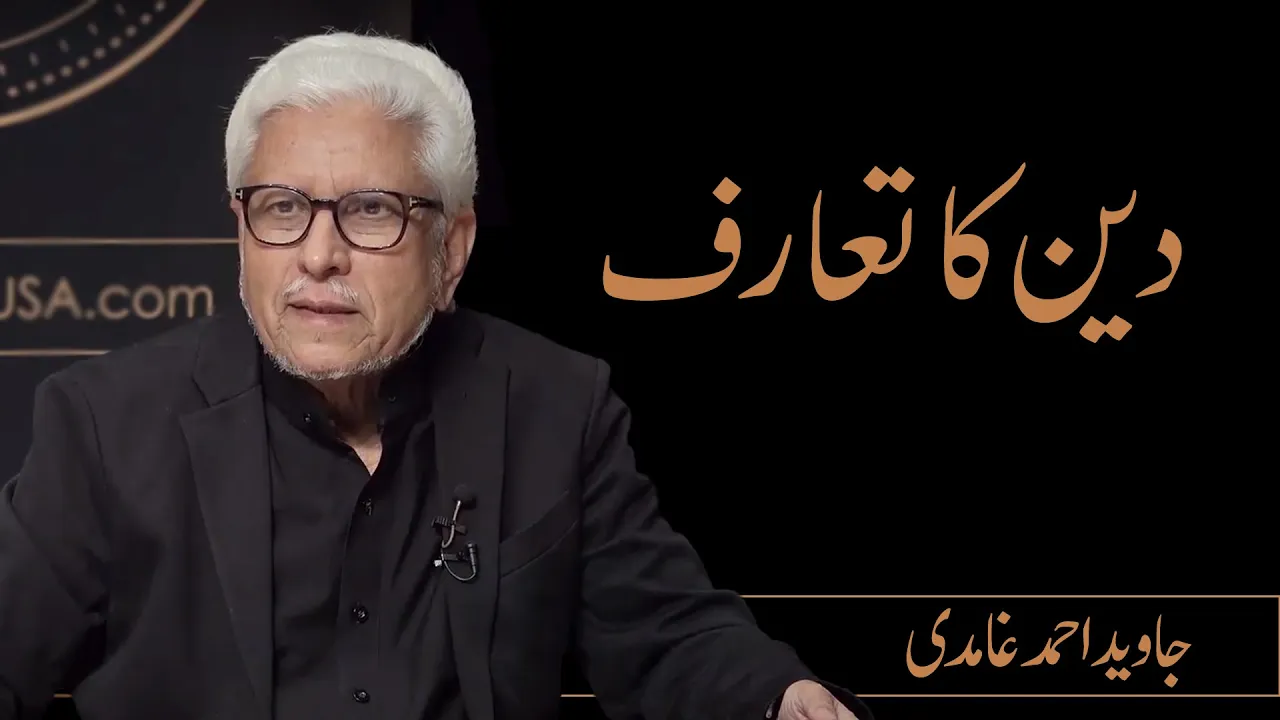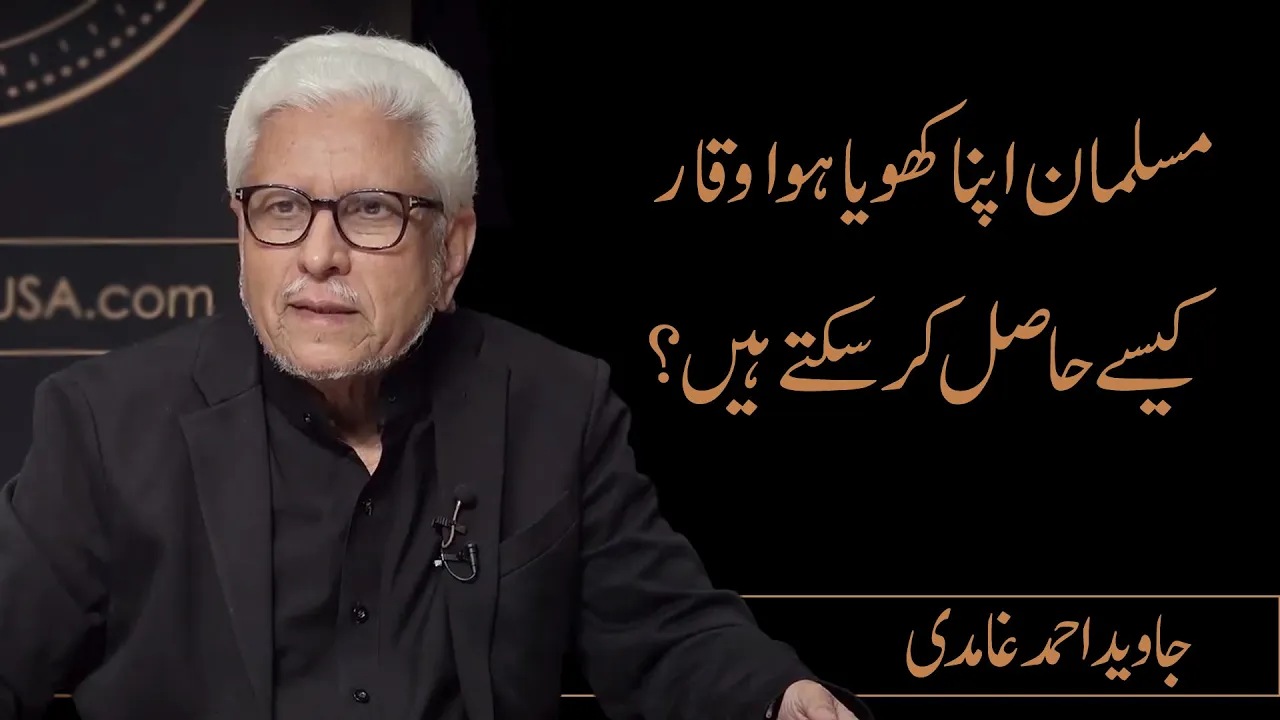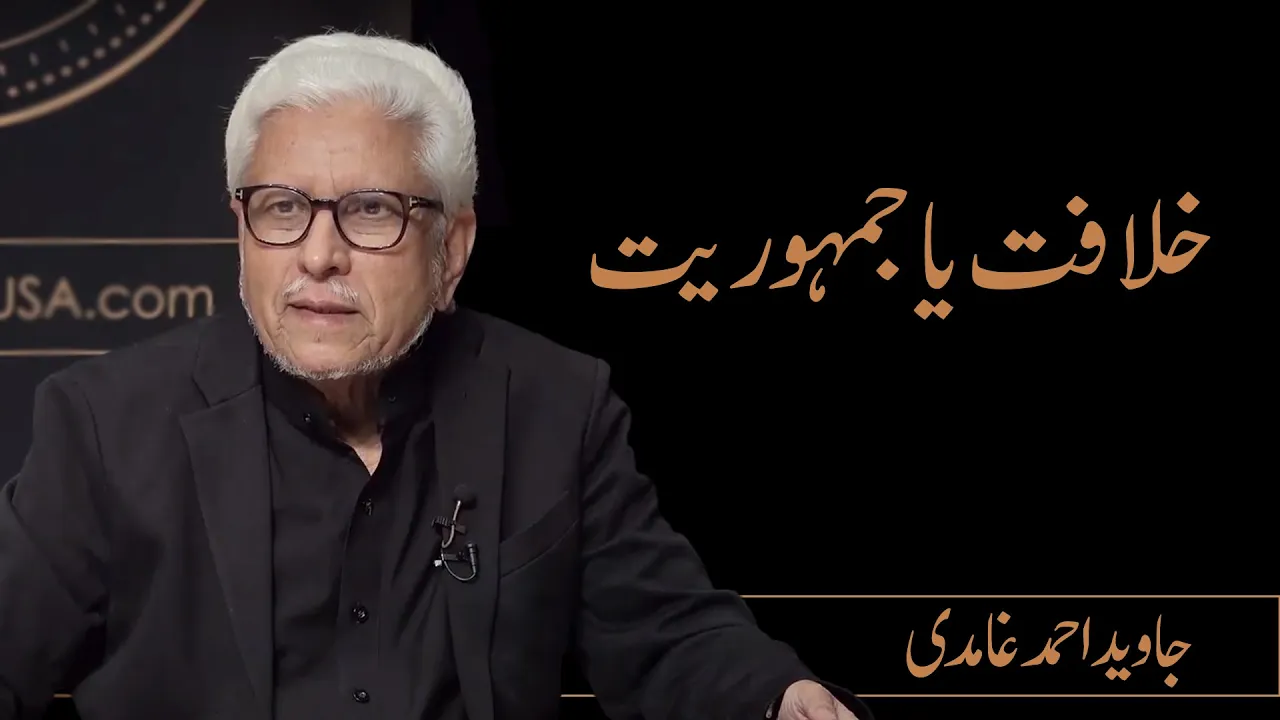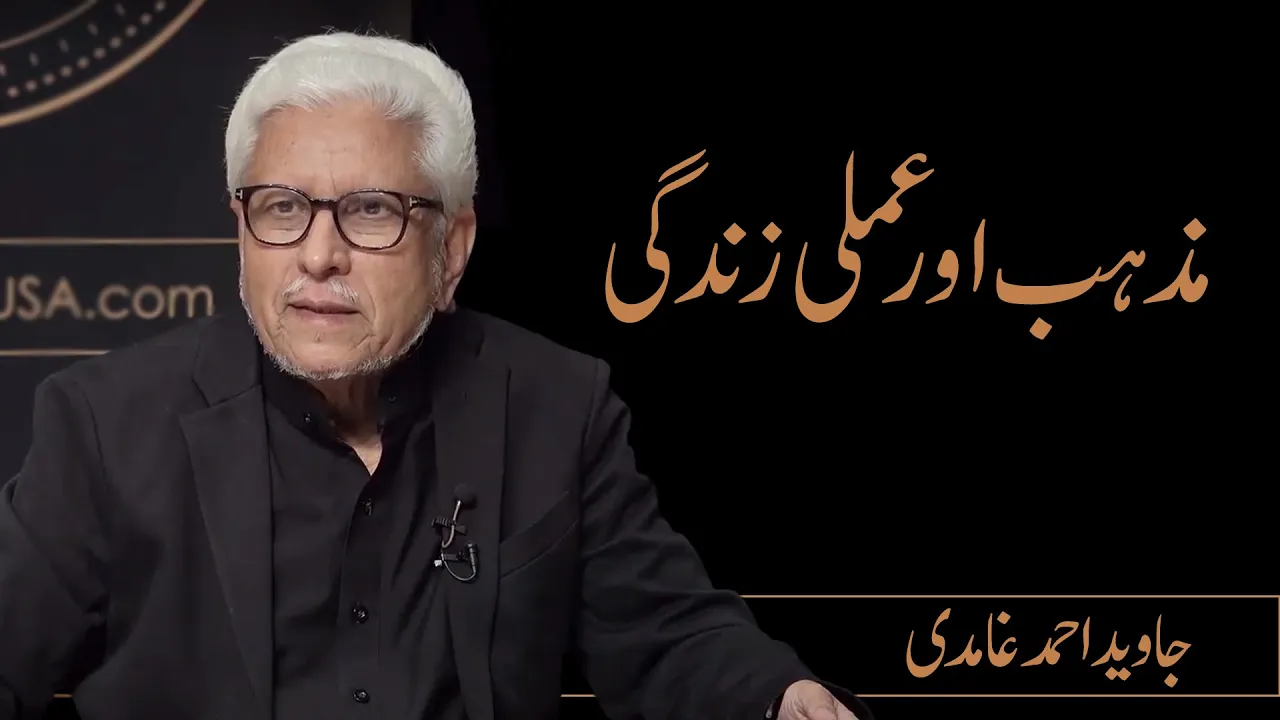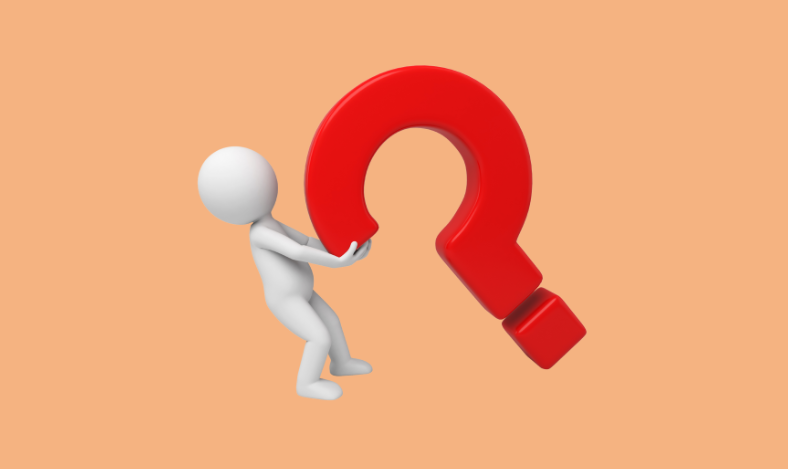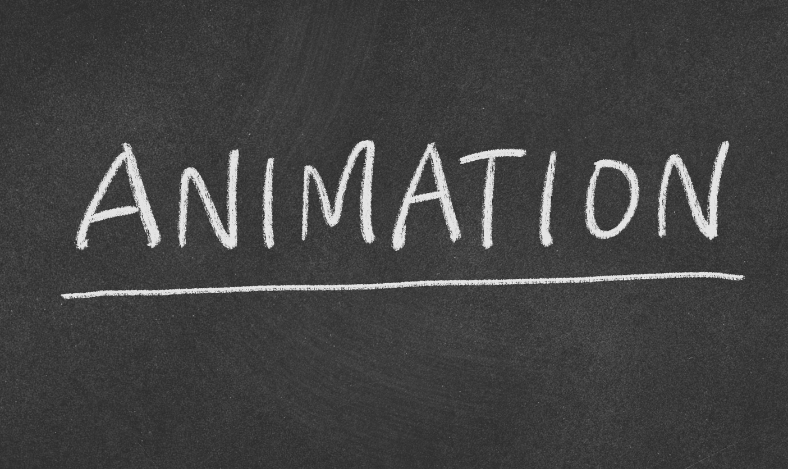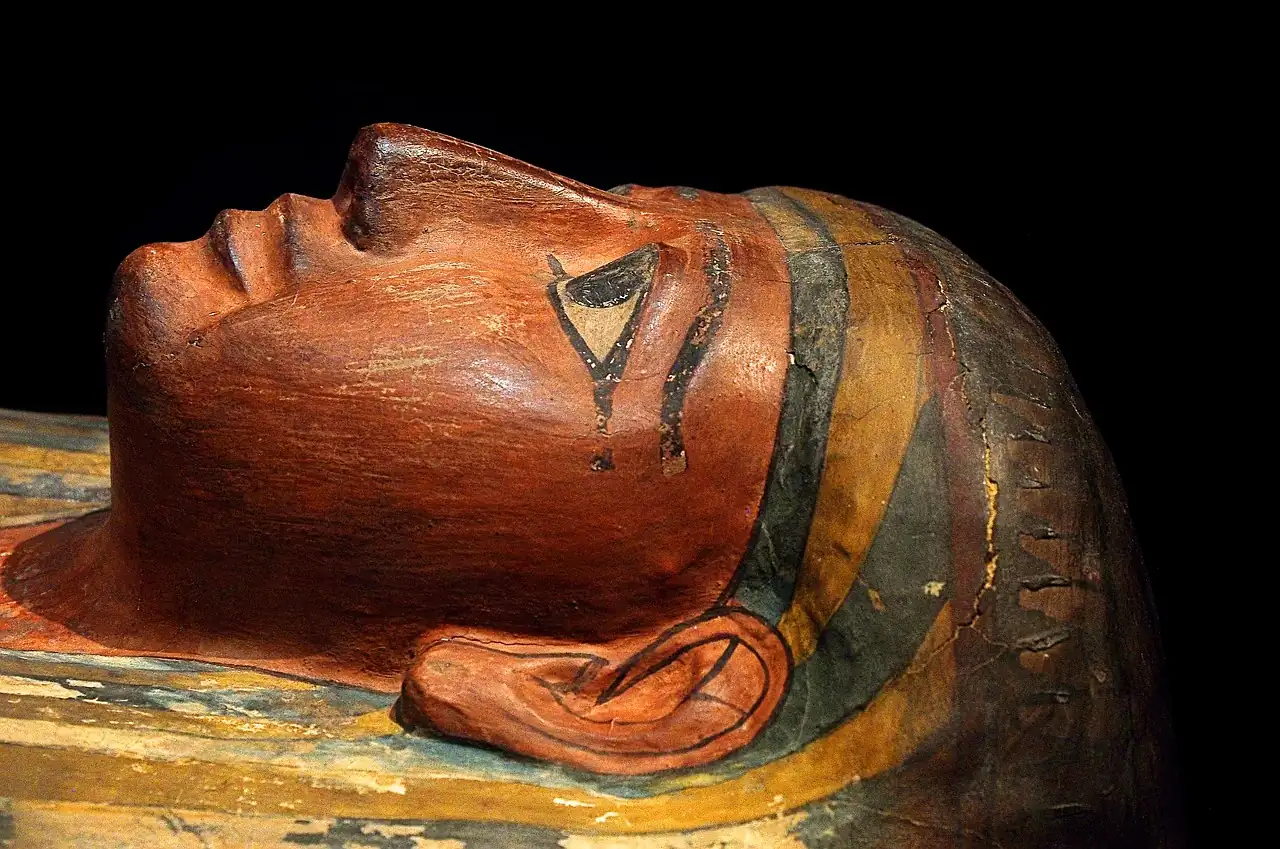Question
Is democracy totally incongruent to Islam? On what grounds democracy and Islam can be shown to be equal and on which grounds these are mutually exclusive? I believe that democracy is the system of West whereas khilafat is the system of Islam. Democracy on the contrary, is based on the principle of “sovereignty of the people” as is evident from its very definition. Suppose if the parliament legalizes the consumption of alcohol we can’t stop them in a true democracy. But in Islam, we cannot allow the parliament to repeal any of the Islamic injunctions. This means that we are denying the foundational principles of democracy.
Answer
We do not consider democracy to be a parallel religion. Democracy does not replace religions including Islam. We find democracy acceptable in Islam in the sense that it is the best form of dealing the political and administrative affairs of the humans. In a truly democratic system, the will of the majority rules. This means that if the believers, who accept the supremacy of the Qur’an and Sunnah, are in majority in a given state they would follow the injunctions of the religion of God. Most of their problems and differences pertain only to implementing the directives of God. There may be applicatory issues as well. What is then the better way for these believers than to follow the democratic principles and settle on the view of the majority? To explain this by the help of an example suppose there are hundred believers. They have different understanding on the interpretation and implementation of an injunction found in the Qur’an. The best way for them, in our view, would be to try to reach a consensus. We know that it is not achievable in all cases. In most cases there would be many differences. Now what should be the solution over an issue X upon which the view of the hundred believers is divided? We believe the best way for the people is to decide to follow the view of the majority. If they do not accept this principle, they would have to be fight and eliminate those who differ. The might will then decide rather than the right.
Answered by: Tariq Mahmood Hashmi
Date: 2015-03-07


